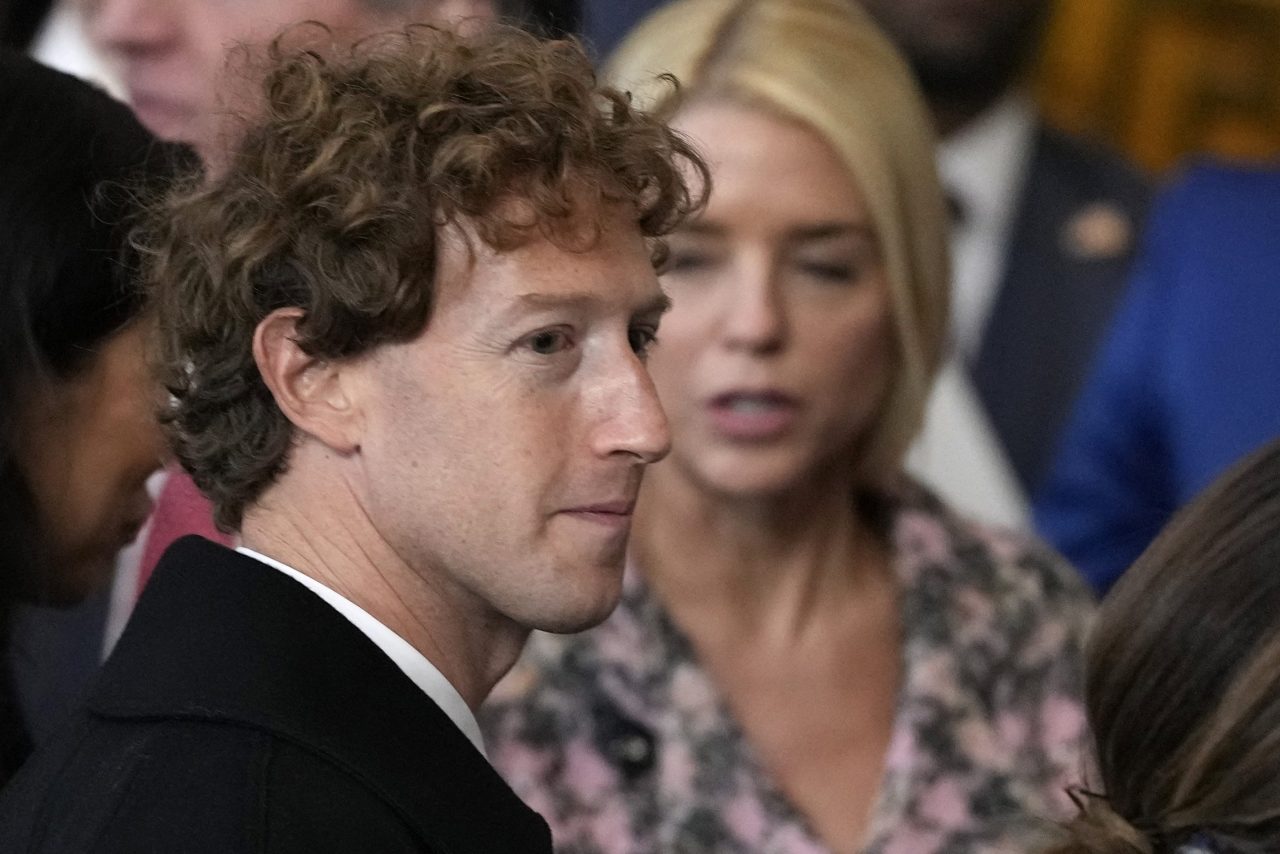Introduction
Mark Zuckerberg, the CEO of Meta (formerly Facebook), recently made headlines for his appearance in court, facing intense scrutiny over the company’s practices related to user privacy, data handling, and the broader implications of social media on democracy and mental health. His testimony has once again spotlighted a deep-rooted issue that many in the tech industry would rather avoid: the lack of accountability and ethical responsibility in Big Tech.
This courtroom drama isn’t just about Zuckerberg—it reflects a systemic problem within the entire technology ecosystem. In this article, we break down the key highlights of the case, the inconvenient truths it reveals, and what it means for the future of tech.
The Case: What Sparked Zuckerberg’s Court Appearance?
Zuckerberg’s recent legal entanglement stems from multiple lawsuits and investigations alleging that Meta knowingly prioritized user engagement over mental health, failed to protect user data, and allowed disinformation to flourish on its platforms. These issues are not new, but the court hearing has brought them back to the forefront, drawing the attention of regulators, users, and the media.
The Inconvenient Truth #1: Growth Over Ethics
At the heart of the issue is the tech industry’s relentless focus on growth, engagement, and profits—often at the expense of user well-being. Internal Meta documents leaked in the past have already shown that the company was aware of the harmful effects of its platforms, especially Instagram, on teenagers’ mental health. Yet, action was minimal.
Zuckerberg’s testimony revealed the uncomfortable reality that many tech companies operate under a “growth at all costs” mindset, even when that growth negatively impacts users.
SEO Keyword Focus: Tech ethics, social media mental health, Zuckerberg court case
The Inconvenient Truth #2: Data is the Real Product
Another key takeaway from the court proceedings is how deeply embedded data monetization is in tech business models. Meta, like many tech giants, offers its services for “free” in exchange for user data. This data is then used for targeted advertising, which brings in billions of dollars.
Zuckerberg was pressed about how transparent the company has been with users regarding data collection. The vague consent forms and complex privacy settings suggest that many users are unaware of how much data they’re giving up—and to whom.
SEO Keyword Focus: Data privacy, Meta data collection, tech industry data ethics
The Inconvenient Truth #3: Regulation is Lagging Behind Innovation
The court case also highlights how ill-equipped governments and regulatory bodies are to deal with the rapid pace of technological innovation. While lawmakers grilled Zuckerberg with tough questions, it was evident that many lacked a deep understanding of how algorithms, machine learning, and data analytics work.
This gap in knowledge allows tech companies to continue operating in gray areas, exploiting legal loopholes while regulators play catch-up.
SEO Keyword Focus: Tech regulation, digital laws, AI and government
The Inconvenient Truth #4: Tech Giants Are Too Powerful
Meta is not just a social media company—it’s a global powerhouse with the ability to influence public opinion, sway elections, and shape culture. The court proceedings underscored the disproportionate power that Zuckerberg and other tech CEOs hold.
This centralization of power raises serious concerns about checks and balances in the digital age. It also begs the question: Should any one individual or company wield so much influence?
SEO Keyword Focus: Big Tech monopoly, Zuckerberg power, Meta influence
What’s Next for Zuckerberg and the Tech Industry?
Following the court appearance, there is increased pressure on both Meta and lawmakers. Advocacy groups are calling for stronger privacy laws, algorithmic transparency, and even the breakup of tech monopolies.
Zuckerberg, in his defense, emphasized the steps Meta has taken to improve transparency and user safety, but critics argue that these changes are reactive and insufficient.
SEO Keyword Focus: Future of Meta, Zuckerberg reforms, tech industry accountability
Conclusion
Mark Zuckerberg’s day in court may go down in history as a pivotal moment in the tech industry’s reckoning. It exposed uncomfortable truths about how major tech companies operate and reminded the world of the urgent need for change.
If the tech world is to regain public trust, it must embrace a future where innovation is paired with integrity, where data is protected, and where user well-being is prioritized over profit margins.




